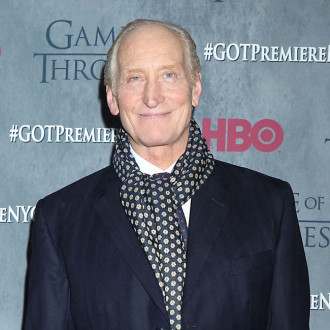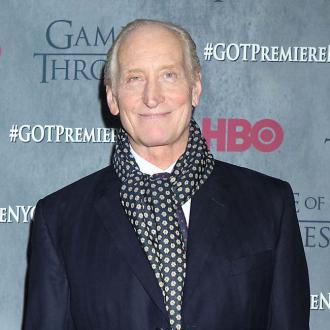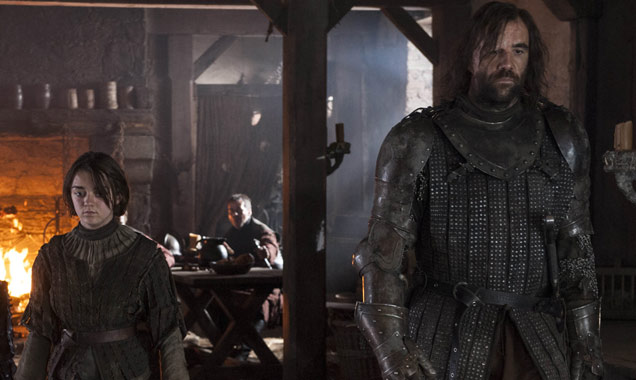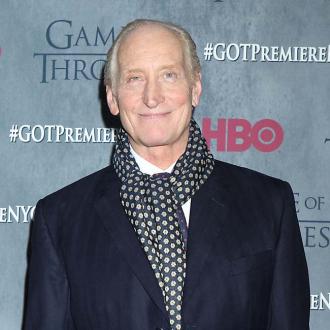Please, Don't Make a 'Game of Thrones' Movie. Just Don't Do It.
By Jack de Aguilar in Movies / TV / Theatre on 21 March 2014
TV is TV. And movies are movies. Seems simple enough but some people need telling.
TV is currently enjoying the most purple of purple patches. Since shows like The Sopranos and The Wire paved the way for intricately written, complex characters in worlds that aren’t manufactured inside a warehouse in West Hollywood, a new generation of small-screen stories are being told, with HBO at the forefront.
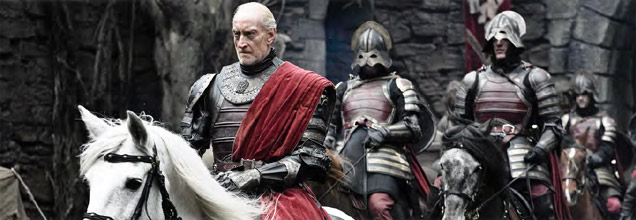 Charles Dance starring in Game of Thrones as Tywin Lannister in the show's third season
Charles Dance starring in Game of Thrones as Tywin Lannister in the show's third season
Most recently, True Detective, Boardwalk Empire and Game of Thrones have kept viewers hooked and column inches swelling with imaginative, deep plotlines, expertly written and consummately delivered. AMC have joined the party, too, giving us the most talked about show in Breaking Bad, the most imitated show in Mad Men and the most watched show in The Walking Dead. This really is a purple patch for television.
So why, then, does the money-making machine dictate that TVs hottest franchise – the fantasy epic that is Game of Thrones – make its way from the plucky TV set to the grandeur of the silver screen? For those of you with a thick skin towards sarcasm, the latter half of that sentence was dunked in it, and then eaten by Jimmy Carr.
Full disclosure: I don’t like Game of Thrones. I can’t watch an episode of it without laughing out loud with the ridiculousness of it all. Then again, I didn’t bat an eyelid when Matthew Mcconaughey tried to convince me that time was a flat circle. It’s fun to let go, I get that. But I do respect Game of Thrones; it’s a gargantuan presence on TV, and it’s about time the genre was represented faithfully in a long running drama.
 Aaron Paul's movie career since Breaking Bad is a good example of why TV and film should be seperate (Pic: S3E5)
Aaron Paul's movie career since Breaking Bad is a good example of why TV and film should be seperate (Pic: S3E5)
And it’s long-running nature – the time it allows itself in an exploratory capacity for both character and plot – that makes Game of Thrones what it is. In terms of the added budget I say hooey; from what I’ve seen of the show it looks pretty enough not to need it. What’s more, shows that have decided to enter the movie space, like 24 and The X-Files, have shown that the affair it usually rushed. Time is the key – something GoT already has in abundance - so why change?
More: Game of Thrones cast create email adresses.
The copycat nature of TV is also something to consider, as Merrill Barr notes in his article for Forbes on the matter. “How many LOST knock-offs were there after the series hit big? How many shows featured morally-conflicted characters after Breaking Bad took off? How many network dramas upped the violence count after Hannibalbecame a critical darling?” he notes. His point: if GoT goes down this road without tying up the hugely successful TV show behind it, we might be facing the inevitable every time we start a new series.
So with respect and love for the medium of TV, let’s keep the two entities separate. And if movies and movie makers want a piece of the action, then they need to start thinking of new and innovative ways to revolutionise cinema, not just thieve the already-existing franchises loved by many and merely rehash them in the multiplexes.
More: who will star in True Detective season 2?
 Matthew McConaughey turned in a masterful performance as Rustin Cohle
Matthew McConaughey turned in a masterful performance as Rustin Cohle
Contactmusic
Advertisement
Movies and Trailers
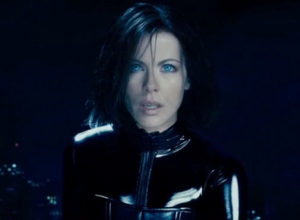
Underworld: Blood Wars Trailer
Vampire death dealer Selene has been fighting for survival for years against the vampire faction...
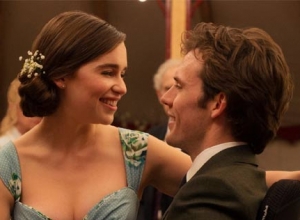
Me Before You Movie Review
With a story that links together every cliche from the weepy chick-flick library, this movie...
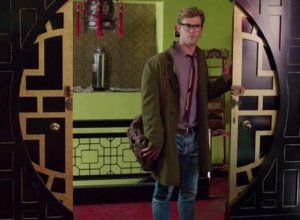
Ghostbusters Trailer
Ghostbusters is a new film for 2016 and is based on the 1984 film of...
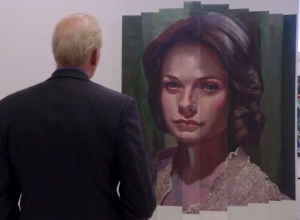
Despite The Falling Snow Trailer
Katya and Alexander were never meant to fall in love but that's exactly what happened....
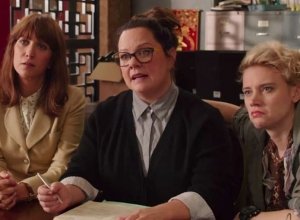
Ghostbusters Trailer
Erin Gilbert is a brilliant quantum physicist and holds a high ranking lecturing position at...
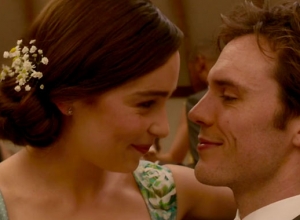
Me Before You Trailer
Up until his recent accident that left him almost entirely paralysed, William Traynor has had...
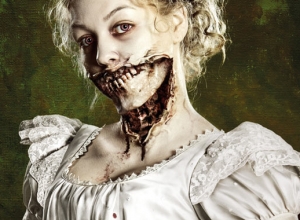
Pride And Prejudice And Zombies - Teaser Trailer
In a world where the undead are waiting around every corner to tear you limb...
Advertisement
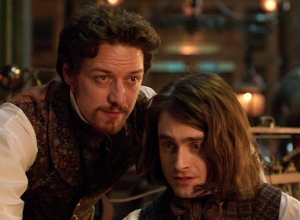
Victor Frankenstein Trailer
Igor Strausman is the less thought about assistant of the insane but brilliant Victor Frankenstein....
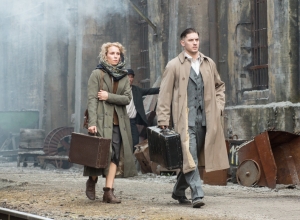
Child 44 Movie Review
A meaty, fascinating story is splintered into three plot strands that battle for the viewer's...

Woman in Gold Movie Review
This fascinating true story is strong enough to hold up against the formulaic Hollywood treatment,...
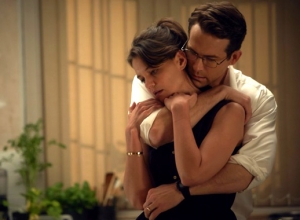
Woman In Gold - Clips And Trailer
When the Nazis took over Vienna prior to the Second World War, they stole countless,...
